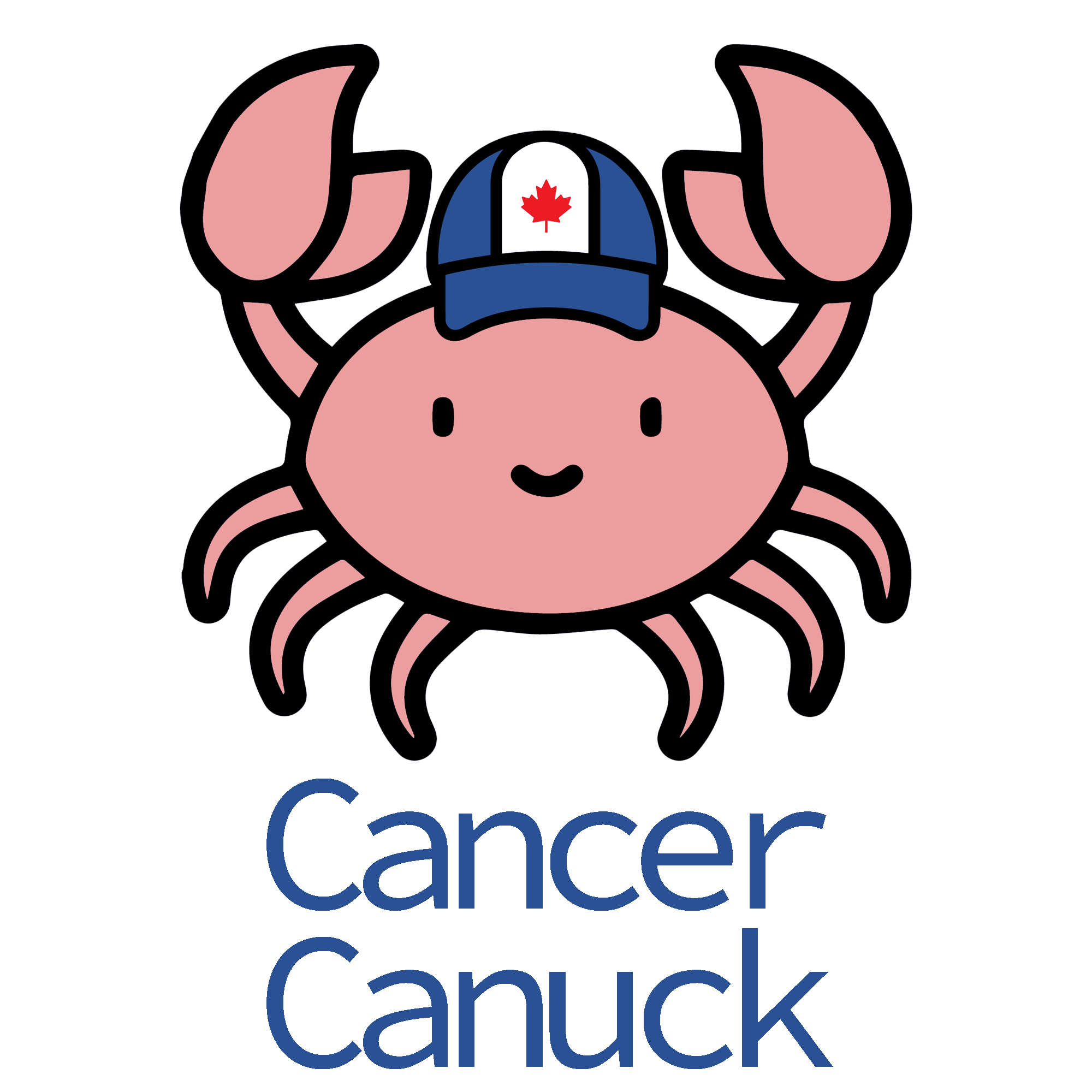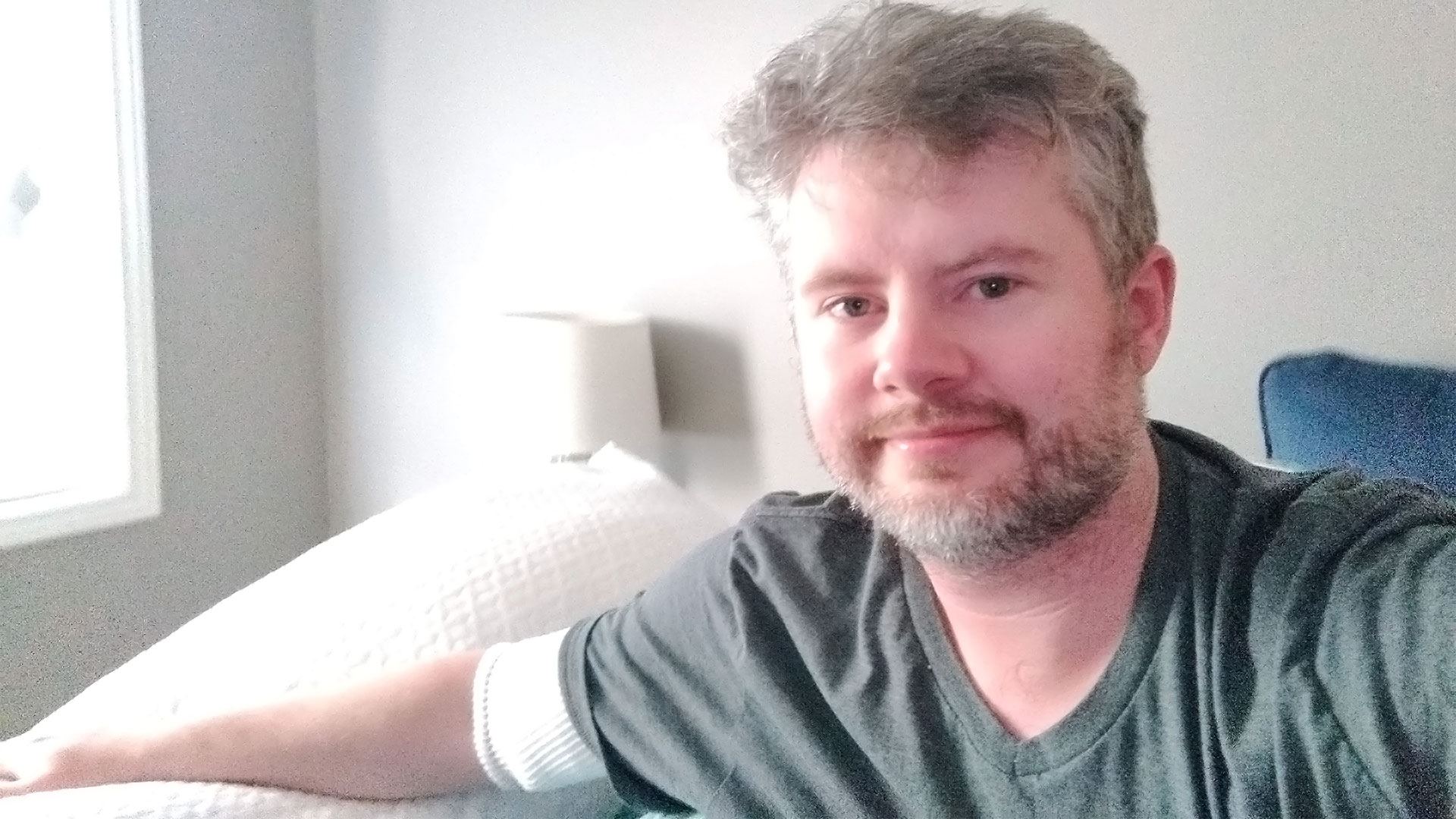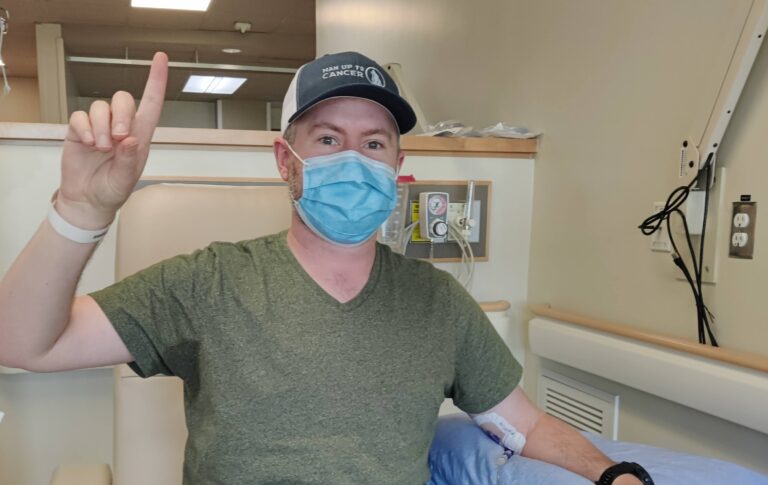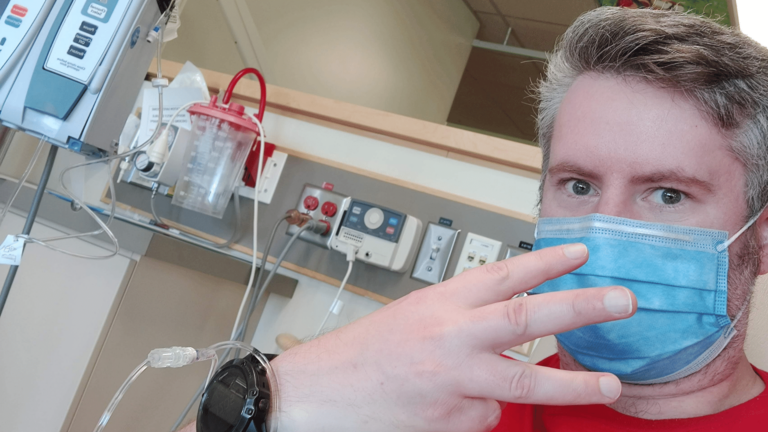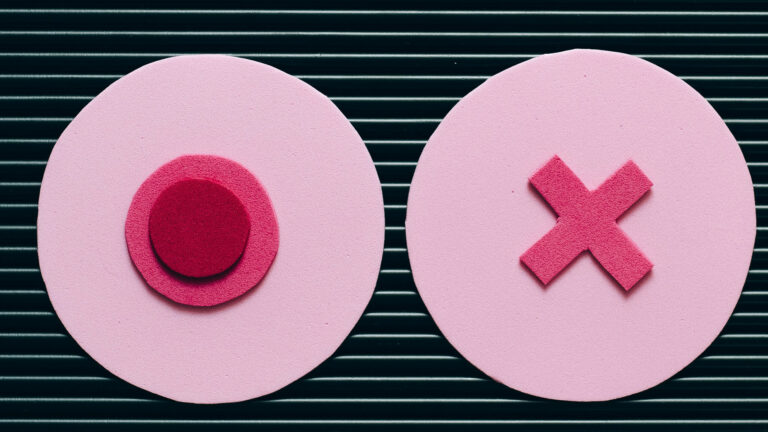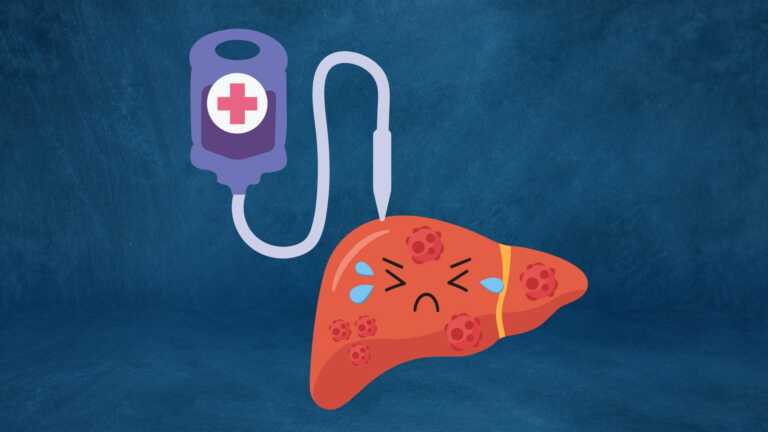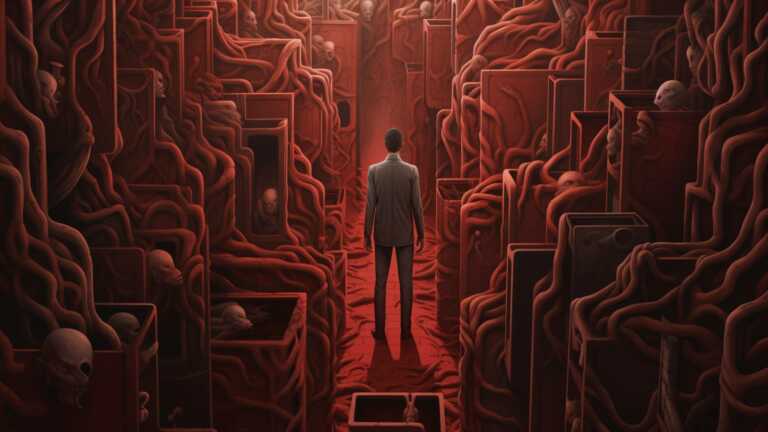Over the last three and a half months, I’ve reflected regularly on the impact that storytelling has had on my experience with cancer.
As I was coming to terms with my mother’s experience with cancer, I sought to try and understand—for better or worse—what she was going through in an effort to reconcile my own grief around her diagnosis. She died on January 19th, 2016 after a three-and-a-half-year struggle with colorectal cancer.
Coincidentally, on the day that she died, When Breath Becomes Air by neurosurgeon turned cancer patient Paul Kalanithi was released. In it, Kalanithi explores some of the profound questions a person is forced to answer in the face cancer. I suggest this book for anyone looking for a captivating first-hand account of the profound questions that cancer forces a person to confront.
It was the first time that I had considered how storytelling can help others. I can also state with confidence that sharing my story has asked me to confront some challenging questions. It’s put my mind at ease. Hopefully, it’s helped other people understand some of the demanding things that the disease asks of its host.
One foot in the past
I’ve been living with one foot in the past.
Since my diagnosis, I have been speaking with a counsellor to help me process my situation. Through our conversations, it’s been abundantly clear that one of the main things I need to work on is coming to terms with the unique nature of my disease.
Although I share an initial diagnosis with my mom, my experience is—and will be—different from hers. It seems obvious to put it in writing. It seems more obvious when I speak to peers and see a cross-section of outcomes for people who’ve been in my shoes. Past behaviour, in the case of cancer, isn’t always the best predictor of future behaviour.
My cancer will be onerous in its own, unique way. Emotionally, that’s hard to accept. Logically, it’s the most obvious thing in the world.
Where sea meets sky
I’ve been trying to find a metaphor that suits what it feels like to ponder the future, and this is what I’ve got:
When cancer strikes, it feels as if the universe has blue shifted the future toward you. It’s like you’re looking at the horizon, but instead of being in the distance, it’s much closer in space and time.
Unsurprisingly, confronting one’s own mortality can have that effect.
As a consequence, ‘the future’ no longer refers to a moment in time that’s five, ten, or twenty years away. What ‘the future’ becomes is much more fluid. As I’m writing this, ‘the future’ to me has a horizon of two or three weeks from now. I can’t predict what effects my chemotherapy regimen will have. In turn, I can’t honour commitments with any degree of accuracy.
I have stage IIIC signet-ring carcinoma. I could live for five years. I could live for fifty.
I’m not sure when the horizon gets to move back.
The anziety is paralyzing
That’s not a typo. My anxiety upgraded from an ‘x’ to a ‘z’ during all of this.
There’s this constant panging of anziety that permeates each moment.
I’ll wake up in the morning with normal worries.
- What’s the workday going to be like?
- Did I pay the hydro bill?
- What’s for dinner?
… but then I also have the anxious thoughts:
- What if I have permanent side effects from chemotherapy?
- Why am I putting myself through treatment if it’s unlikely to be successful?
- How many more days to I get to wake up?
I should probably take a moment to clarify that none of the above is a cry for help. I’m connected with social work and oncological psychiatry, so I’m expecting some of the anziousness to subside once I have some pharmacological intervention.
Guilt and cancer
Next to anxiety, one of the more severe emotions to wrestle with is guilt. If anyone warned me how much guilt I’d feel living with cancer, I probably wouldn’t have believed them. But it’s here, rearing its head each day.
Cancer is onerous, retraumatizing, and introduces a level of uncertainty on others that’s very painful to deal with.
A few examples:
- I feel guilty for the emotional labour I’m forcing my family and friends to endure.
- I feel guilty for waylaying the plans that Shannon and I have been working toward.
- I feel guilty for having cancer and putting my dad through this whole experience again.
- I feel guilty for not being the reliable friend that I usually am.
- I feel guilty that I’m not as performant at work and that I’m letting people down.
The guilt comes from a number of places. I don’t know if I’ll be able to reciprocate much of the kindness that’s been extended to me. I don’t know if I’ll let people down. I’m sure that I’ll write an entire entry about guilt, eventually.
Fuckin’ sucks.
Peritraumatic growth
In my experience, growth happens throughout the extended trauma. It doesn’t wait until the end.
Cancer has had a profound effect on my priorities and goals. The concept of post-traumatic growth is one which has received significant attention over the last several years. I think it happens peritraumatically.
So far, cancer has shown me a few things.
I wish I could have learned the lessons without having the disease, but where’s the fun in that?
Some lessons from cancer
Here are a few words of wisdom from a cancer-stricken elder millennial:
- Time is the most valuable thing you can ask of someone. It’s the only thing we can’t get back and not a single one of us knows how much of it we have left.
- It’s just as important to hear others as it is to be heard. When speaking with peers, it’s important to listen and hear what’s being said.
- Trauma bonding is absolutely real and, arguably, necessary. I’ve felt kinship with people who I would not have intersected with if not for cancer. I’m grateful for the kindness and support I’m able to extend and receive in the cancer community.
- Overcoming life’s most significant challenges also requires the most vulnerability. Cancer is hard. To navigate it requires being extremely honest in relationships with everyone from family to healthcare workers. It requires me to let my guard down in ways that I otherwise would not.
Take from that what you will.
It’s not all terrible
It feels fucked up to even write this, but I’m grateful for so many things that have happened since my diagnosis.
There’s been such an outpouring of support from friends and family. I can’t stress enough how much each conversation, hospital drop-off, or care package is appreciated. Thank you.
I’m also grateful for my new friends in the cancer community. I mentioned kinship as part of one of my lessons, but I cannot say enough about the generosity of those who I’ve met through my diagnosis. Thank you.
I’m also thankful for the small things that we’re all able to enjoy (unless you can’t walk, or are allergic to cats, of course). A hot cup of coffee. A salubrious walk after it rains. Snuggling up with the cats. All of the cheesy stuff—literally and figuratively.
Thanks for reading.
